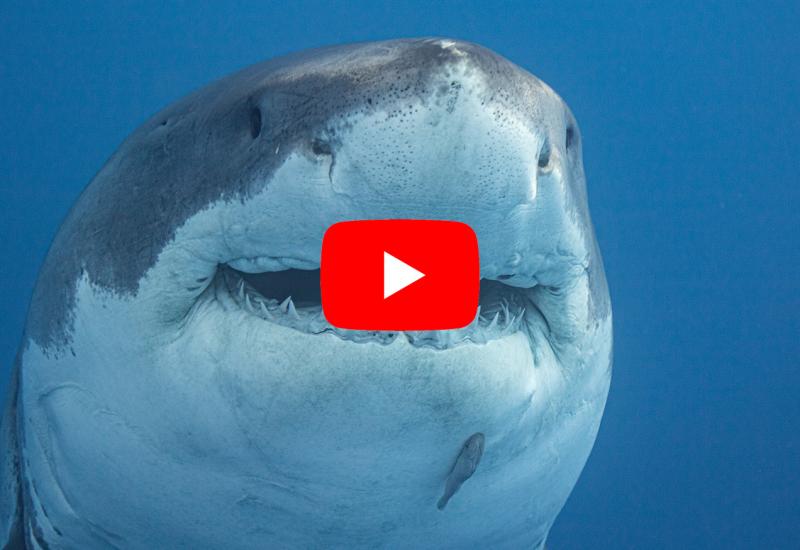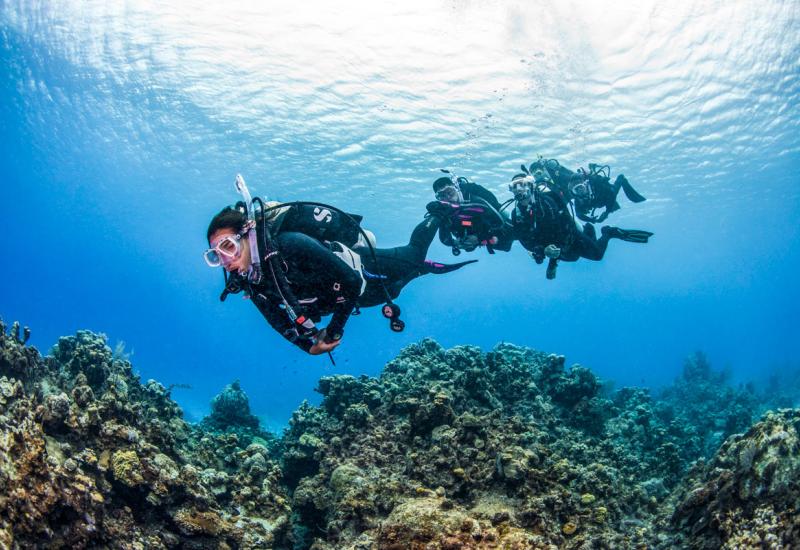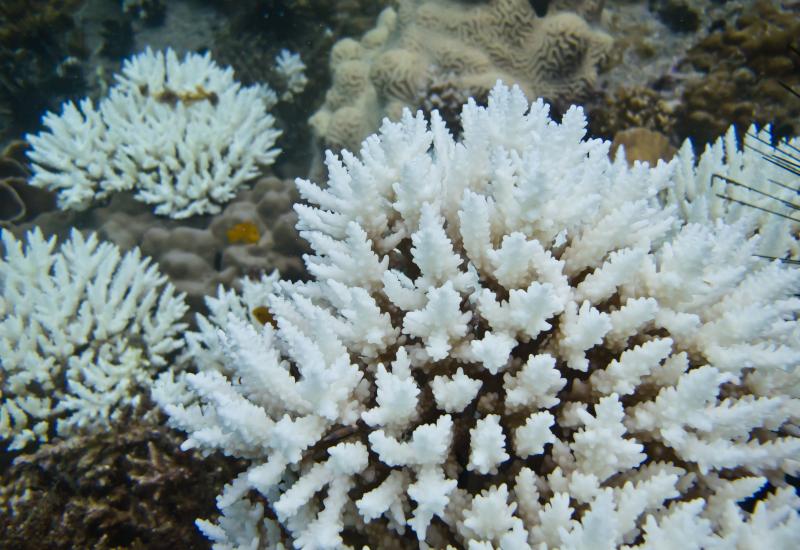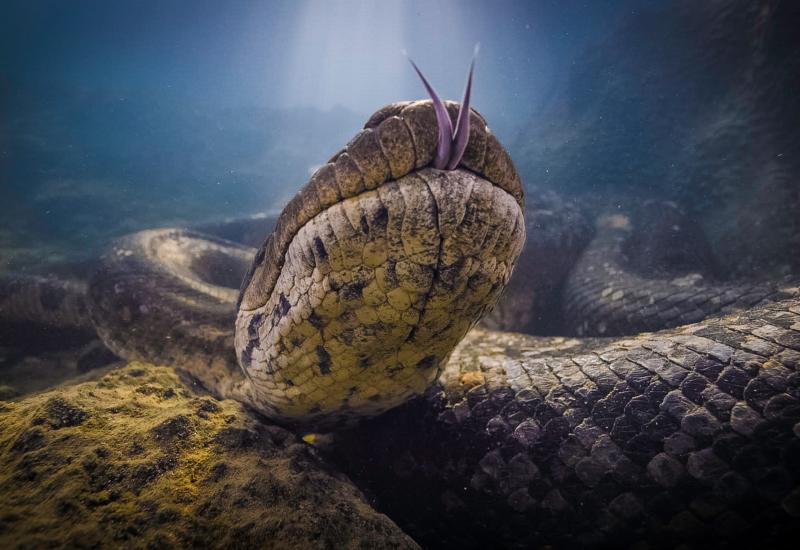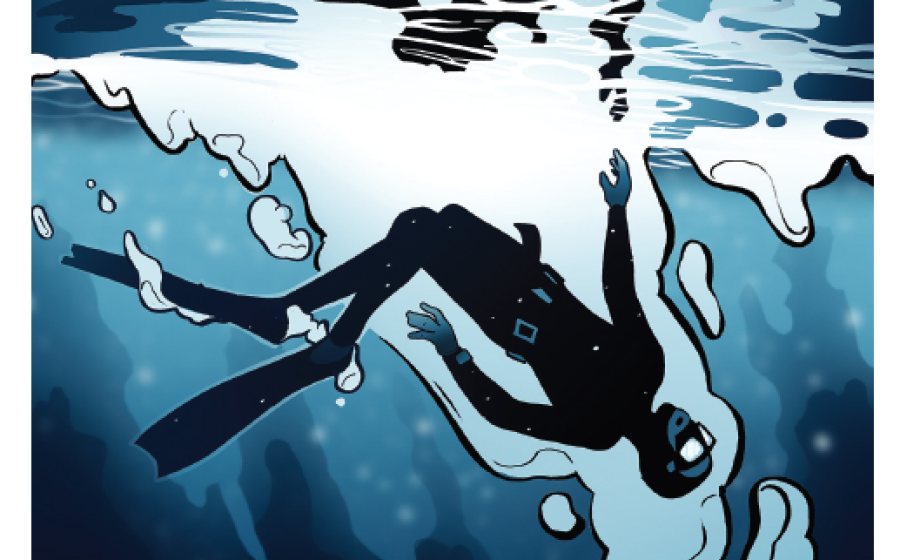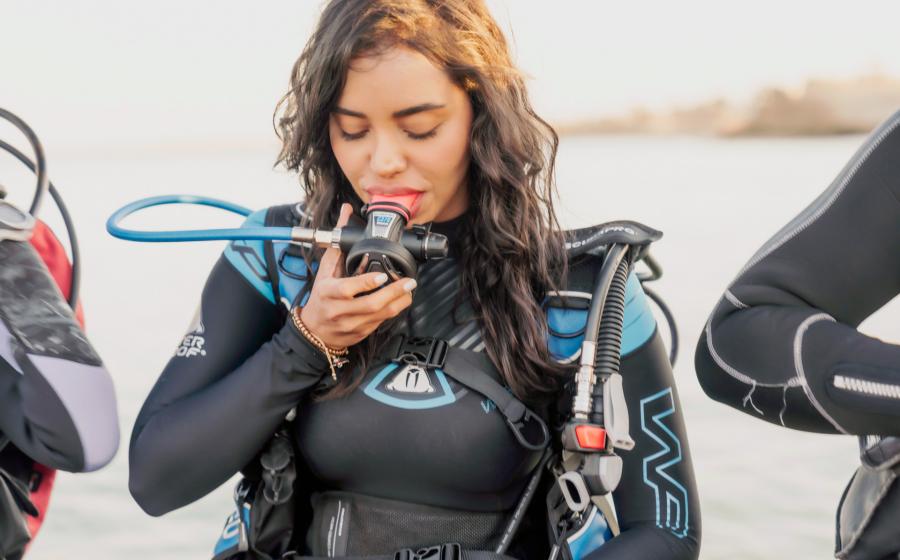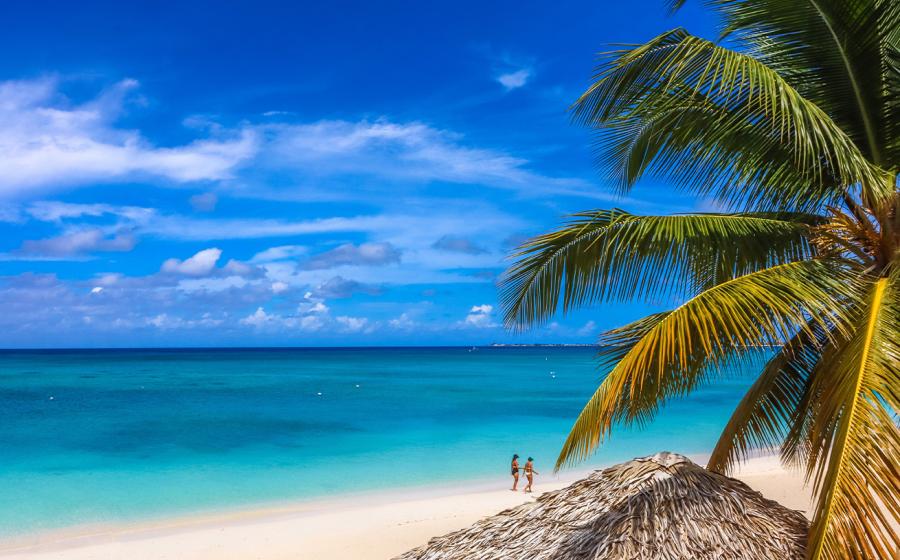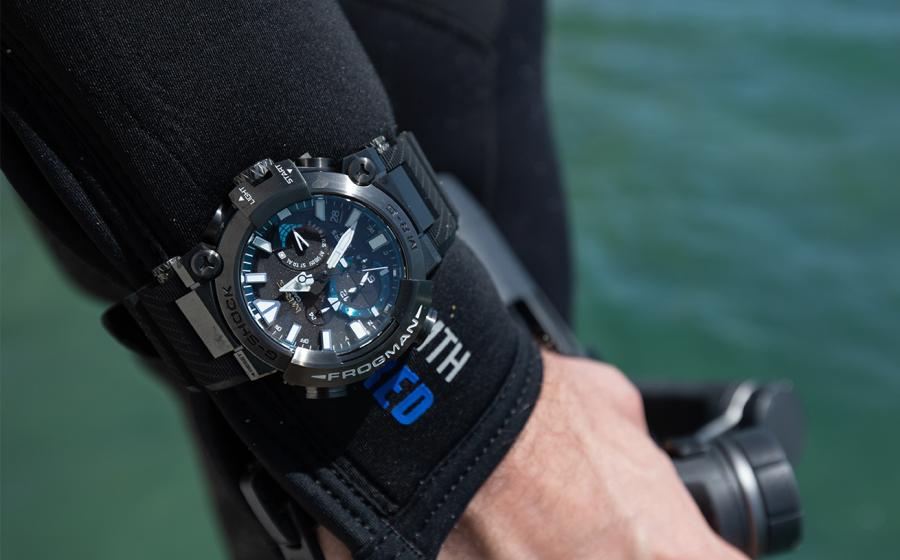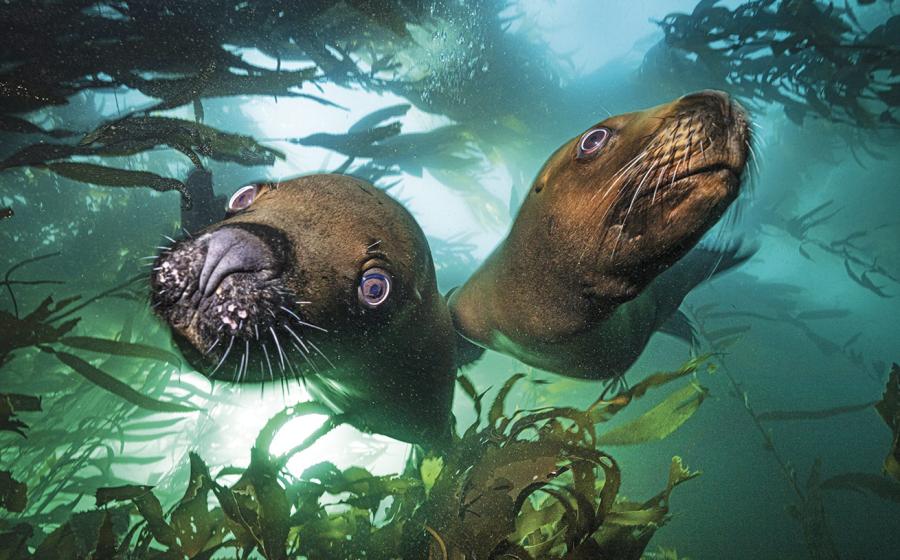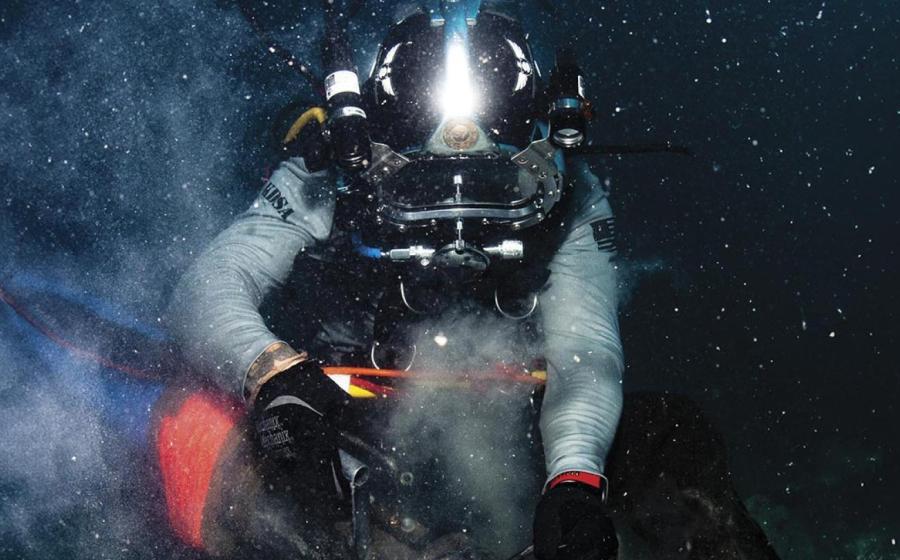Cook Islands Declares World's Largest Shark Sanctuary

Gray reef sharks
Ty Sawyer
On Dec. 12, 2012, the global race to protect shark species escalated when the Cook Islands became the latest in a succession of nations to instil a ban in their territorial waters. Read this Press Release from our friends at Pew Environmental Group for more details:
Protected area in the South Pacific will equal the size of Mexico
****The Pew Environment Group applauds the Cook Islands for its decision to ban the possession, sale, and trade of shark products and end commercial shark fishing in more than 1.9 million square kilometers (756,000 square miles) of ocean. The Cook Islands declaration follows the recent announcement by neighboring French Polynesia, creating the world’s largest contiguous shark sanctuary of more than 6.7 million square kilometers (2.6 million square miles).
“This is hopeful news for the world’s sharks and our efforts to protect them,” said**** ****Jill Hepp, director of**** ****shark conservation**** ****for the Pew Environment Group. “We are thrilled to see the Cook Islands become part of this global movement during a time when so many shark populations are threatened.”**** ****
**** ****"We are proud as Cook Islanders to provide our entire exclusive economic zone (EEZ), an area of 1.9 million square kilometers as a shark sanctuary,” said the Honorable Teina Bishop, Cook Islands minister of marine resources when he made the announcement today. “Together with our Polynesian neighbor, Tahiti Nui (French Polynesia), we have created the largest shark sanctuary in the World. We join our Pacific neighbors to protect this animal, which is very vital to the health of our oceans, and our culture."****
****“Together with our Polynesian neighbor, Tahiti Nui (French Polynesia), we have created the largest shark sanctuary in the World. We join our Pacific neighbors to protect this animal, which is very vital to the health of our oceans, and our culture."** **-Honorable Teina Bishop****
****The sanctuary, encompassing an area the size of Mexico, is the result of a partnership between the Pew Environment Group and the**** ****Pacific Islands Conservation Initiative**** ****and the support of many local community and political leaders. Hundreds of signatures were collected on a local petition, and students submitted letters and drawings bearing the message “Akono Te Mango (Protect Our Sharks).”**** ****
****“We’re very proud to stand together today in celebration for sharks and for the community,” said Stephen Lyon, director of the Pacific Islands Conservation Initiative. “It further establishes the Cook Islands, which has already declared both a whale sanctuary and a marine park, as a world leader in marine protection.”**** ****
****The Cook Islands joins**** ****Palau, the**** ****Maldives,**** ****Tokelau,**** ****Honduras, the**** ****Bahamas, theMarshall Islands, and now**** ****French Polynesia**** ****in establishing shark sanctuaries. They cover a combined area of more than 11.4 million square kilometers (4.4 million square miles) of ocean.****
**
**

Ty Sawyer
On Dec. 12, 2012, the global race to protect shark species escalated when the Cook Islands became the latest in a succession of nations to instil a ban in their territorial waters. Read this Press Release from our friends at Pew Environmental Group for more details:
Protected area in the South Pacific will equal the size of Mexico
****The Pew Environment Group applauds the Cook Islands for its decision to ban the possession, sale, and trade of shark products and end commercial shark fishing in more than 1.9 million square kilometers (756,000 square miles) of ocean. The Cook Islands declaration follows the recent announcement by neighboring French Polynesia, creating the world’s largest contiguous shark sanctuary of more than 6.7 million square kilometers (2.6 million square miles).
“This is hopeful news for the world’s sharks and our efforts to protect them,” said**** ****Jill Hepp, director of**** ****shark conservation**** ****for the Pew Environment Group. “We are thrilled to see the Cook Islands become part of this global movement during a time when so many shark populations are threatened.”**** ****
**** ****"We are proud as Cook Islanders to provide our entire exclusive economic zone (EEZ), an area of 1.9 million square kilometers as a shark sanctuary,” said the Honorable Teina Bishop, Cook Islands minister of marine resources when he made the announcement today. “Together with our Polynesian neighbor, Tahiti Nui (French Polynesia), we have created the largest shark sanctuary in the World. We join our Pacific neighbors to protect this animal, which is very vital to the health of our oceans, and our culture."****
****“Together with our Polynesian neighbor, Tahiti Nui (French Polynesia), we have created the largest shark sanctuary in the World. We join our Pacific neighbors to protect this animal, which is very vital to the health of our oceans, and our culture."** **-Honorable Teina Bishop****
****The sanctuary, encompassing an area the size of Mexico, is the result of a partnership between the Pew Environment Group and the**** ****Pacific Islands Conservation Initiative**** ****and the support of many local community and political leaders. Hundreds of signatures were collected on a local petition, and students submitted letters and drawings bearing the message “Akono Te Mango (Protect Our Sharks).”**** ****
****“We’re very proud to stand together today in celebration for sharks and for the community,” said Stephen Lyon, director of the Pacific Islands Conservation Initiative. “It further establishes the Cook Islands, which has already declared both a whale sanctuary and a marine park, as a world leader in marine protection.”**** ****
****The Cook Islands joins**** ****Palau, the**** ****Maldives,**** ****Tokelau,**** ****Honduras, the**** ****Bahamas, theMarshall Islands, and now**** ****French Polynesia**** ****in establishing shark sanctuaries. They cover a combined area of more than 11.4 million square kilometers (4.4 million square miles) of ocean.****
**
**

